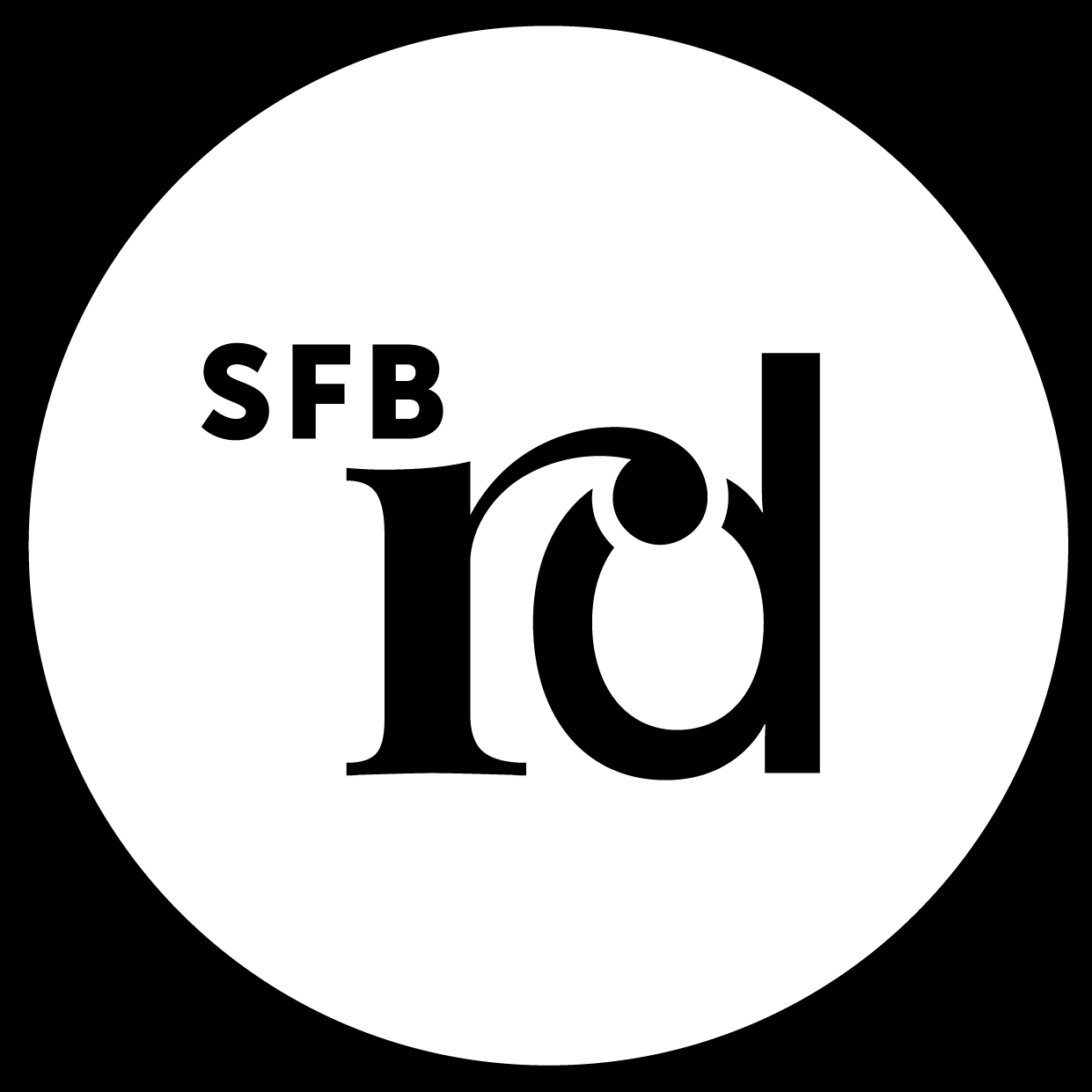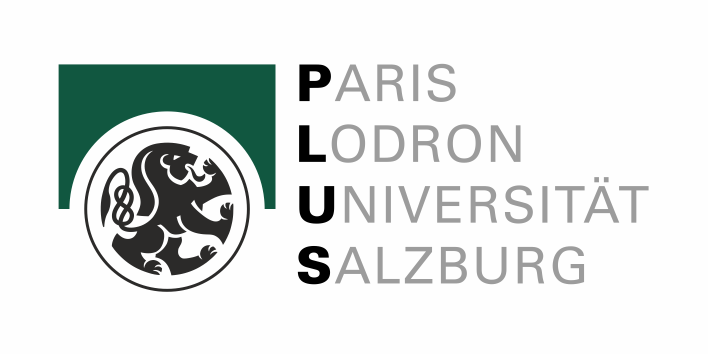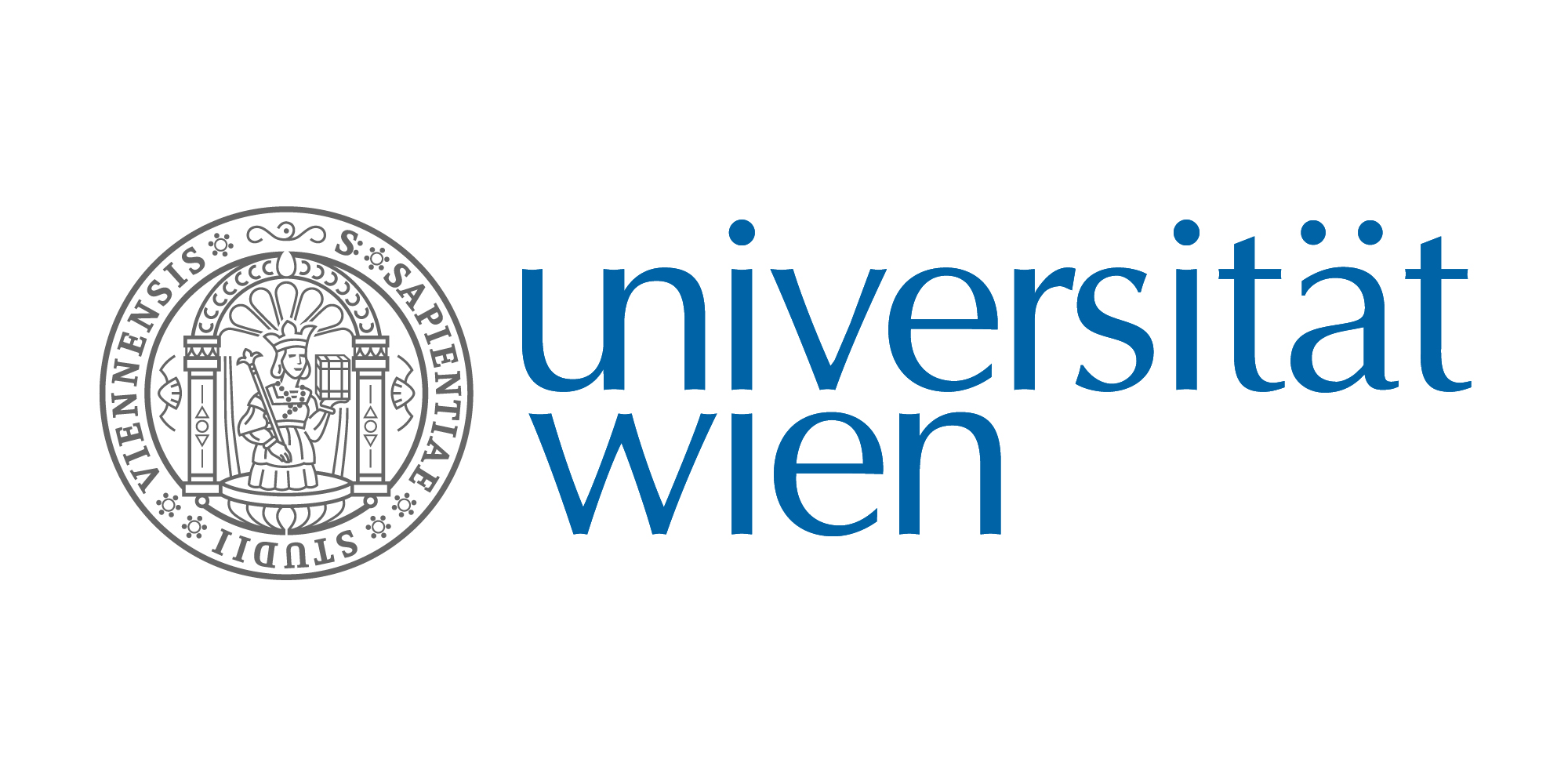Workshop: “DM meets Nano in Romance and beyond”
“DM meets Nano in Romance and beyond”: 15.-16. Juli 2025, Universität Wien (Pamela Goryczka, Universität Wien; Anne-Li Demonie, Masaryk Universität)
SSSPP: Workshop on Pronouns
1-11 July 2025, University of Salzburg
Invited speakers
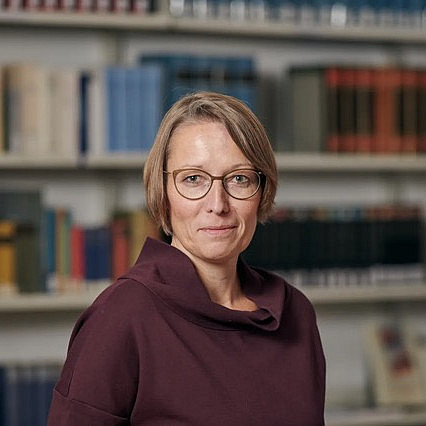
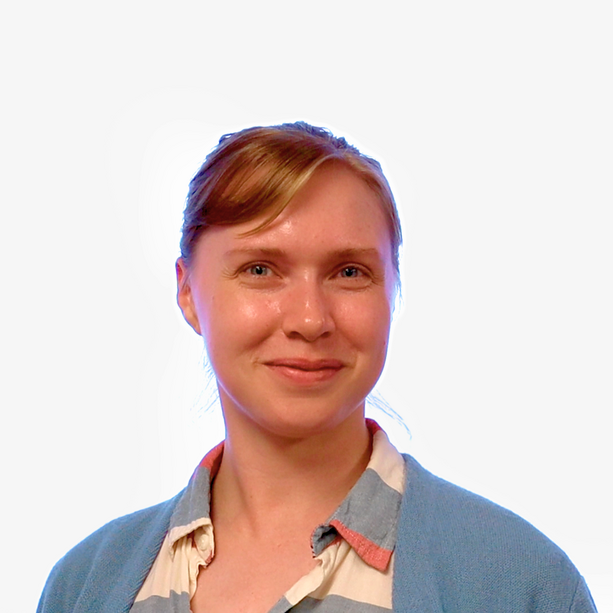
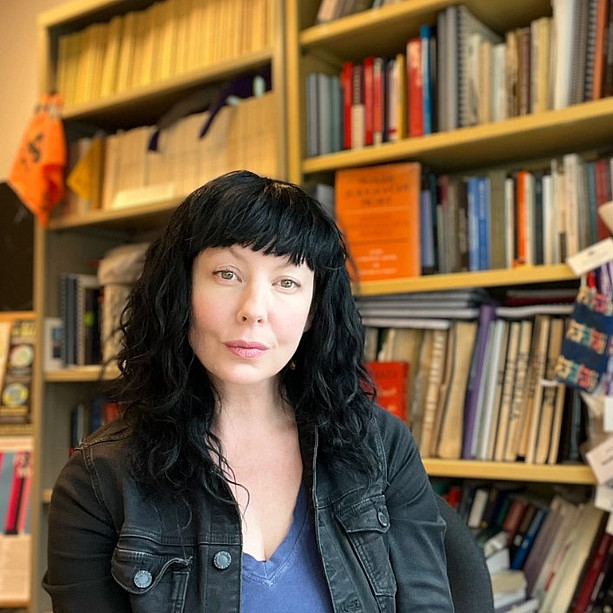
More about our invited speakers
Petra B. Schumacher is Professor of Empirical Linguistics at the Department of German Language and Literature I at the University of Cologne, Germany. She received her PhD in Linguistics from Yale University with a dissertation on the representation and interpretation of dependecies at the syntax-discourse interface. Her research focuses on processes at the interface of syntax, semantics, pragmatics and prosody, with emphasis on reference resolution, information structure and various aspects of meaning constitution in discourse. Her key interest is the time-course of language comprehension, which she investigates by means of online methods, in particular event-related brain potential studies. She is speaker of the Cologne-based Collaborative Research Center „Prominence in Language“, an active member of the experimental pragmatics community and associate editor of Glossa Psycholinguistics and Language and Speech.
Shannon Bryant is a Postdoctoral Associate in the Center for Cognitive Science at Rutgers University. She received her PhD in Linguistics from Harvard University. Her research centers on the syntax-semantics interface, combining formal theoretic and experimental approaches to study the mapping between form and meaning and the division of labor between the two in explaining natural language phenomena. Specific topics investigated in her work include binding, reflexivity, argument structure, clausal complementation, and control.
Heather Newell is a full professor at the Université du Québec à Montréal. Her work touches the interface between the phonological and syntactic modules, and more specifically questions of how syntactic cyclicity determines cyclic phonological computation. She has published on phenomena such as bracketing paradoxes, stress, hiatus resolution, so-called Level 1 and Level 2 morphemes, as well as broader discussions of the role of phases in phonology and modularity. She is currently examining the relationship between the syntax of pronouns and their cross-linguistic reduction patterns.
Workshops
Petra Schuhmacher – Prominence, pronouns and processing
The course introduces the notion of prominence as an organizational principle of language with a particular focus on personal and demonstrative pronouns, which are used to refer to entities that carry distinct prominence status. We review findings from pronoun resolution that highlight the interplay of multiple prominence-lending cues at the local (sentential) and global (discourse) level and we discuss the pronouns’ role in the dynamic unfolding of the referential space.
Shannon Bryant – The semantics of pronouns
Pronouns play an important role in natural language, helping us communicate with one another quickly and efficiently. Despite their seeming simplicity, exactly how pronouns contribute to the interpretation of a sentence is an open question. Focusing on personal pronouns, this course will offer an introduction to several prominent approaches to the semantics of pronouns, including variable-based approaches, descriptive (E-type) approaches, and choice functional approaches. Discussion will be structured around the core phenomena of binding and coreference as well as well-known problem cases such as donkey sentences, paycheck sentences, and bathroom sentences. We will also consider the (possibly distinct) semantics of reflexive pronouns.
Heather Newell - Pronominal Phonology: Modularity and the Interface
This course will explore cross-linguistic tendencies in pronoun reduction. It will offer an overview of the particular challenge that accounting for pronoun realization poses via an examination of the various points at the phonology-syntax interface where theories/frameworks diverge. Reduction patterns in pronouns allow for an assessment of the predictions that different phonological/interface frameworks make, and how and whether they should be constrained by modularity.
Course material
ReDeFi Events
- Mentoring sessions for female junior researchers with international role models
- Networking meetings for project members & collaborators
- Discussion sessions in smaller work groups
- Poster session & lightning talks
Contact
Questions? Please write to ssspp.summerschool [at] gmail . com
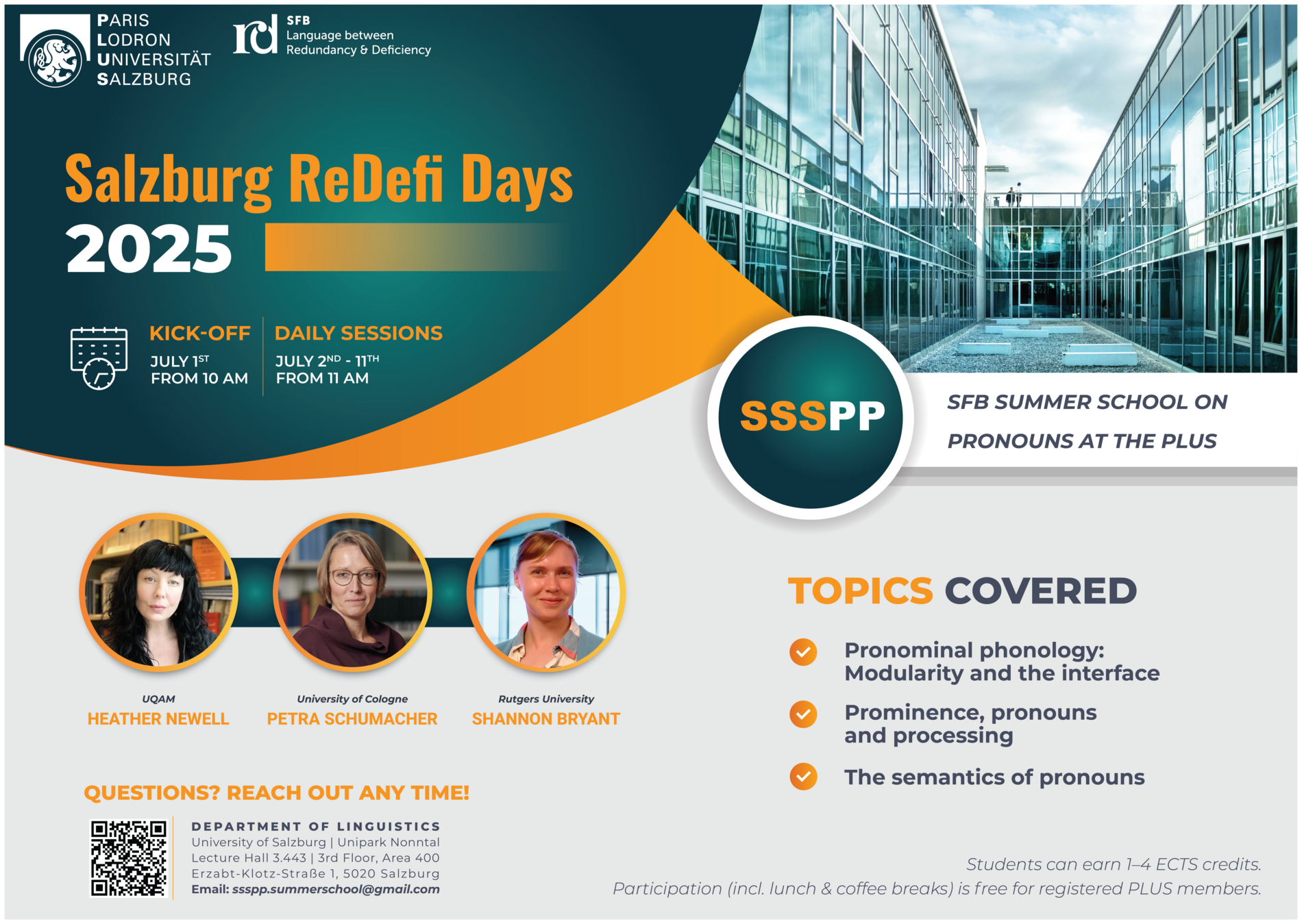
Theory Task Force Workshop
13. Juni 2025, Paris-Lodron-Universität Salzburg
Participants: Boban Arsenijević; EdgarOnea; Filipe Kobayashi; Susanne Wurmbrand
